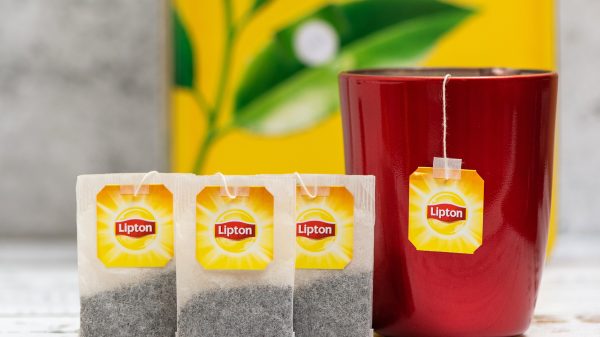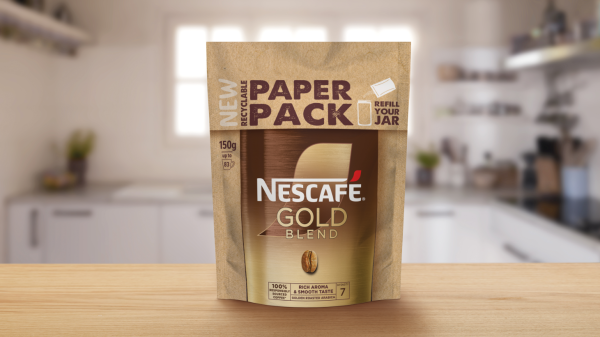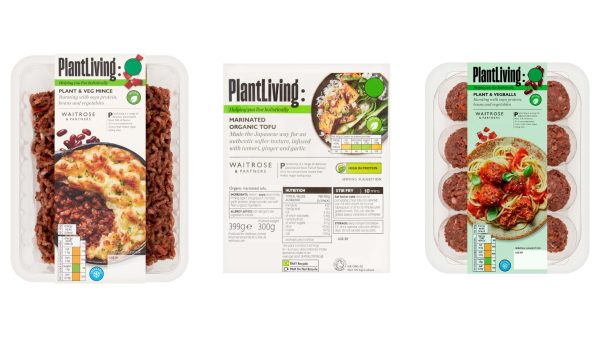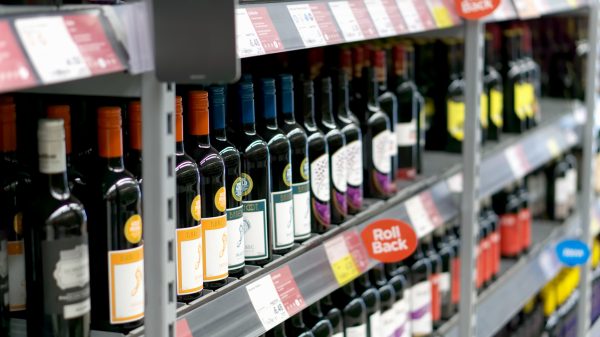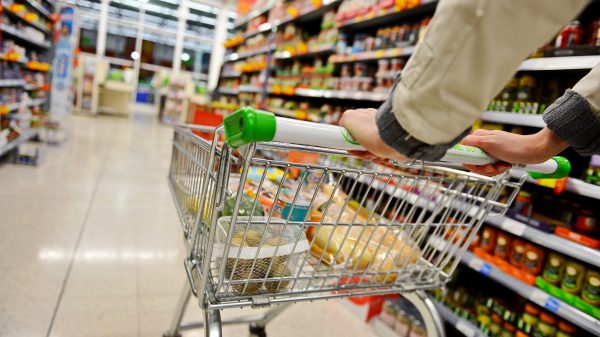The average UK household could be hit with weekly grocery spending of £177 by 2030 as inflation rates continue to rise.
According to research by financial institution Admiral Markets, if inflation continues to rise, the average weekly spend could increase by £7.61 by the end of this year to £76.81 per week, in comparison to the £69.20 spent by British households weekly in 2021.
This comes as food price inflation rose to its highest recorded rate in September, with shoppers paying 10.6% more than the same time last year, according to data from the British Retail Consortium (BRC) – NielsenIQ index.
Admiral Markets research found that if inflation remained constant at 11% by 2030, UK households could be spending £9,204.84 each year on groceries.
The data also looked into prices dependent on locations and found London to be the most expensive city in the UK for purchasing groceries, potentially costing the capital’s residents £82.14 each week by the end of 2022.
Other cities in England found to be the most costly include Southampton, Cambridge and Norwich.
Northern Ireland was also found to be one of the most expensive places in the UK to buy groceries, while Wales sat within the middle of the list and Scotland was one of the cheapest places with an estimated spend of £66.71 on groceries by the end of the year.
“Several factors are conspiring to drive inflation higher,” Admiral Market analyst, Roberto Rivero said.
“The rising cost of energy is the most important but this has been re-enforced by Covid-related supply-chain issued, labour shortages and the limited amount of food exported by Ukraine and Russia this year compared to normal times. This improbable combination of negative factors explains the rapid jump in the rate of inflation.”


